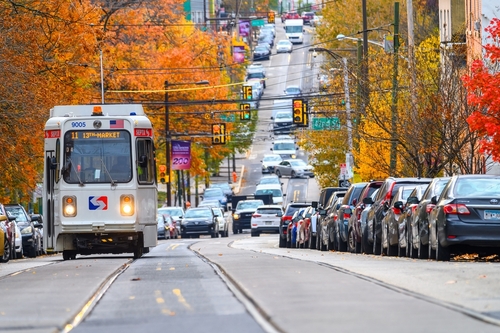
On Thursday, SEPTA announced it had awarded Alstom Transportation, Inc. a contract to replace the authority’s aging fleet of trolleys with modern, fully ADA-compliant trolleys.
The contract is a major step forward to modernizing the fleet and will transform the country’s largest trolley network into one that is fast, accessible, and easy to use.
“Trolley modernization poses economic benefits for both riders and the region at large,” said SEPT Board Chairman Pasquale T. Deon, Sr. “This project will strengthen existing connections by improving transit services that link workers to jobs, students to schools, and diverse communities to each other – supporting local businesses and an affordable cost-of-living for everyone.”
A core component of the authority’s strategic plan, SEPTA Forward, trolley modernization aims to create a “lifestyle transit network” system for use with any kind of trip, not just the traditional 9 to 5 work commute.
As part of the contract, SEPTA will receive 130 trolleys, with an option for up to 30 more, for a base price of $714 million. Delivery of the vehicles is expected to start in 2027, with the entire fleet delivered by the end of 2030.
Officials said the new trolleys are longer with higher capacity and feature lower floors and ramps; audio and visual messaging systems to communicate stops and service changes; and spaces for wheelchairs, walkers, strollers, and bicycles.
“SEPTA is committed to ensuring our trolleys meet the needs of all riders – people with disabilities, seniors, families with small children, new users, and anyone who needs a little more help to get where they are going,” SEPTA general manager and CEO Leslie S. Richards said. “SEPTA is still seeking over $800 million in competitive grants and state and local funding to make all the improvements necessary for seamless boarding. We are doing everything we can to move this project forward, but we need to secure new options for funding to leverage the once-in-a-generation infusion of federal dollars.”